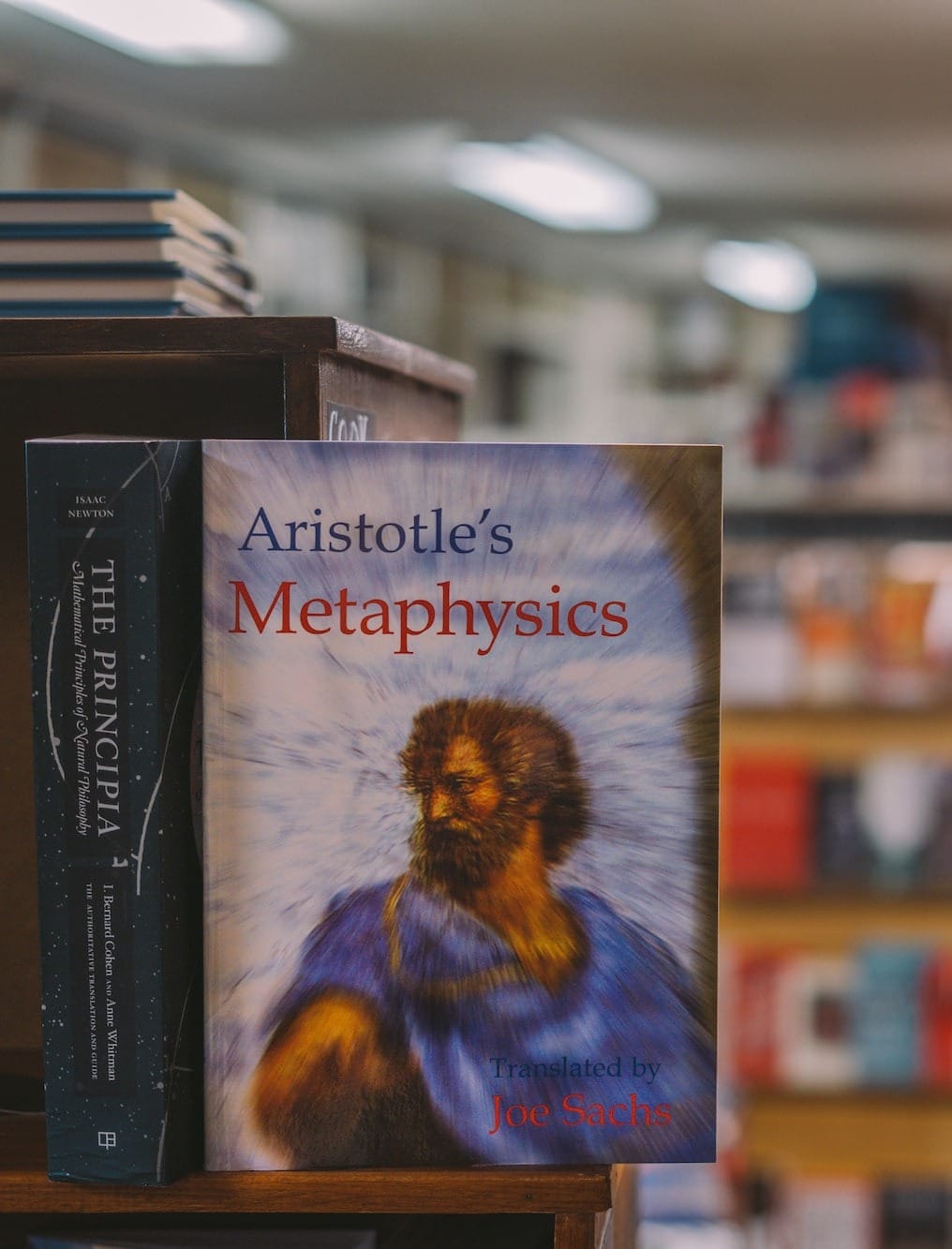Philosopher Aristotle, emphasizing the intrinsic worth within each individual. He contends that humanity's value lies simply in our existence, irrespective of societal contributions or personal achievements. Aristotle envisions humans as beings endowed with unique capacities for reason and morality. The essence of human worth, in this perspective, transcends external factors, emanating from our inherent humanity. A parallel sentiment is found in the ethical theories of the German philosopher Immanuel Kant. Kant posits that the inherent value of a person extends beyond instrumental purposes; humans are not merely a means to an end but an end in themselves.
Humanity
When distinctions blur, our personal values become entwined with our achievements, giving rise to external dependencies.
If not in our work, where then does our value find expression? As humans, we possess the extraordinary ability to imbue meaning into our experiences. We shape concepts such as beauty and love according to our interpretations. Through creativity, art, and music, we articulate ourselves. The power to share our experiences with others underscores that the human journey surpasses being a mere means to an end.
Yet, dependence on our work inhibits independent personal development. Striving relentlessly to enhance our performance aligns our intrinsic value with an inhuman pursuit of perfection. While our work is an extension of our personality, it should not be the other way around.
Aware
It is imperative to be mindful of intrinsic worth and resist complete dependence on external factors, such as our work, which may wrest control of our self-worth. Personal growth and human development should not solely focus on refining our achievements but also on exploring and enriching our own experiences and expressions. By emphasizing our humanity and nurturing personal values, we can forge a balanced and fulfilling way of life, one that ultimately radiates even in so called "professional fields".
